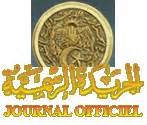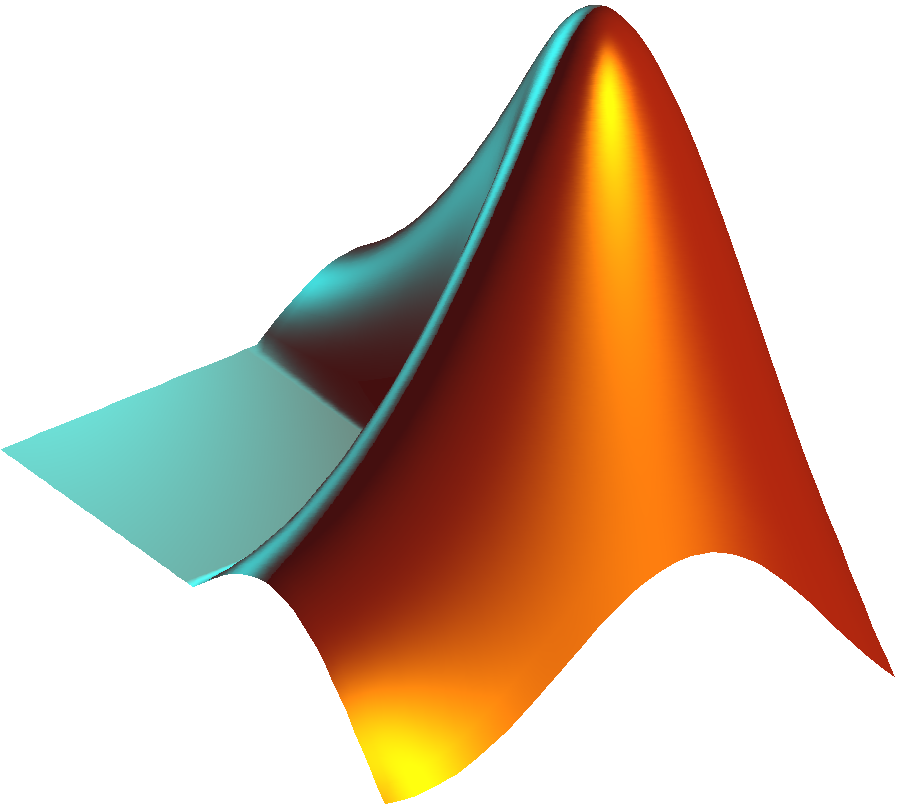
Goals:
- Expand your vocabulary
- Knowing how to present yourself.
- Know how to write a CV and a cover letter.
- Know how to position yourself in writing or orally in relation to an opinion or an idea.
- معلم: DJEDOUANI NADA

The "Fundamentals of Electrical Engineering I" module aims to provide students with essential knowledge in key areas of electrical engineering. It covers the use of complex numbers in circuit analysis, the application of fundamental electrical laws, and the analysis of electrical circuits and power. The module also introduces students to magnetic circuits and provides a foundational understanding of transformers and electrical machines. Through these topics, students will develop skills necessary for analyzing and understanding electrical systems.
- معلم: SAIDANI SAMIR

This course on Energy and Environment provides a comprehensive exploration of the intricate relationship between energy systems and the environment. Delving into various energy resources, including traditional and renewable sources, the curriculum addresses the challenges and opportunities associated with their utilization. The course navigates through key aspects such as Energy Storage, examining innovative technologies for storing and managing energy effectively. A significant focus is placed on Energy Consumption, Reserves, and Trends, aiming to equip students with insights into global energy demands, the availability of reserves, and emerging trends shaping the energy landscape. Additionally, the course delves into the exploration of Different Types of Pollution, unraveling the environmental impact of various pollutants and their sources. A critical dimension of the course is the examination of the Impact of Pollution on Health and the Environment. Through case studies and interdisciplinary perspectives, students will gain an understanding of the far-reaching consequences of pollution, both on human health and the broader ecosystem. By the end of the course, participants will possess a holistic understanding of the complex interplay between energy dynamics and environmental sustainability. This knowledge will empower them to critically assess the environmental implications of energy systems and contribute to the development of sustainable practices for a cleaner, healthier future.
- معلم: ABDELHALIM CHAABANE
À la fin de ce cours, l'étudiant(e) devrait être en mesure de connaître les différents types
de séries et ses conditions de convergence ainsi que les différents types de convergence.
- معلم: HANANE BELHIRECHE

This advanced course in Electrical Engineering provides a comprehensive overview of the diverse domains within the Electrical Engineering family, including Electronics, Electrotechnics, Automation, Telecommunications, and more. Participants will delve into the intricacies of each subfield, gaining insights into the principles, applications, and cutting-edge developments that characterize modern Electrical Engineering. The course aims to explore the Impact of Electrical Engineering on the development of society, tracing the evolution and revolutionary advancements in key areas. Emphasis will be placed on the transformative role of Microelectronics, where participants will explore the latest breakthroughs shaping the landscape of electronic devices and integrated circuits. Automation and Supervision will be examined in detail, uncovering the role of Electrical Engineering in creating intelligent systems that enhance efficiency and productivity across various industries. The integration of Robotics into modern processes will be discussed, showcasing the interdisciplinary nature of Electrical Engineering in driving innovation. The course will also highlight the pivotal role of Electrical Engineering in the Development of Telecommunications, investigating the evolution of communication technologies and their profound impact on global connectivity. Moreover, participants will explore the critical role of instrumentation in Healthcare development, examining how Electrical Engineering contributes to advancements in medical diagnostics and treatment modalities. Throughout the course, participants will engage in discussions, case studies, and practical applications to deepen their understanding of the state-of-the-art technologies shaping the field. By the conclusion of the course, students will be equipped with a nuanced perspective on the current landscape of Electrical Engineering and its significant contributions to societal development.
- معلم: Fayçal Boulsina
- معلم: ABDELHALIM CHAABANE

Description:
La logique combinatoire et séquentielle constitue la base des circuits numériques utilisés dans une large gamme d'applications modernes, allant des ordinateurs aux systèmes embarqués, en passant par l'électronique grand public et les infrastructures de communication.
La logique combinatoire concerne les circuits où la sortie à un moment donné dépend uniquement des valeurs actuelles des entrées. En d'autres termes, ces circuits ne possèdent pas de mémoire, et leurs sorties sont des fonctions directes de leurs entrées.
En revanche, la logique séquentielle intègre le concept de mémoire. Les sorties des circuits séquentiels dépendent non seulement des entrées actuelles, mais aussi de l'état précédent des circuits. Ces circuits sont capables de stocker des informations.
Public cible: 2ème année Licence, spécialité Télécommunication.
Objectifs:
- Connaître les circuits combinatoires usuels.
- Savoir concevoir quelques applications des circuits combinatoires en utilisant les outils standards que sont les tables de vérité, les tables de Karnaugh.
- Introduire les circuits séquentiels à travers les circuits bascules, les compteurs et les registres.
- معلم: SAIDANI SAMIR

Cette matière a pour objectif d’examiner les éléments de base du régime juridique des technologies de l'information et de la communication. Elle présente les fondements et les aspects essentiels de la réglementation ainsi que la régulation des réseaux et des services des télécommunications. L’accent sera mis sur la réglementation algérienne et notamment les différentes institutions chargées bon fonctionnement du secteur des télécommunications.
Sauf erreur de ma part, vous pouviez accéder à la plateforme de télé-enseignement comme suit:
Nom d'utilisateur: nom.prenom (le tout en minuscules).
Mot de passe: 18/********* (matricule du Bac, numéro d'inscription).
avec:
18/: année d'inscription y compris le slash « / » (en 2018 par exemple)
********: les chiffres du numéro d'inscription.
- معلم: SALAH REDADAA

Course Presentation
The MATLAB
language is a high-level programming language and environment specifically
designed for numerical computing, visualization, and algorithm development.
This course aims to introduce students to MATLAB from the ground up, enabling
them to become proficient programmers capable of leveraging MATLAB for various
computational tasks.
Throughout the course, students will learn the fundamentals of MATLAB programming, including variables, data types, operators, control structures, functions, and file I/O operations. Emphasis will be placed on hands-on programming exercises and projects to reinforce theoretical concepts and enhance practical skills.
By the end of the course, students will be equipped with the knowledge and skills to:
- Write MATLAB code to solve mathematical and engineering problems
- Perform data analysis, visualization, and manipulation using MATLAB's built-in functions and toolboxes
- Implement algorithms and numerical methods in MATLAB for scientific computing
- Develop graphical user interfaces (GUIs) and interactive applications using MATLAB's GUI development tools
- Collaborate and share MATLAB code with peers through version control systems and file sharing platforms
The course will adopt a progressive learning approach, starting with basic concepts and gradually building up to more advanced topics. Students will have the opportunity to practice coding, receive feedback on their work, and engage in collaborative learning activities to enhance their understanding and proficiency in MATLAB programming.
Whether students are new to programming or have prior experience in other languages, this course will provide them with a solid foundation in MATLAB programming and prepare them for further studies and applications in various fields such as engineering, science, and data analysis.

Description:
Combinational and sequential logic forms the foundation of digital circuits used in a wide range of modern apllication, from computers to embedded systems, consumer electronics, and communication infrastructures.
Combinational logic pertains to circuits where the output at any given moment depends solely on the current values of the inputs. In other words, these circuits do not possess memory, and their outputs are direct functions of their inputs.
Sequential logic, on the other hand, incorporates the concept of memory. The outputs of sequential circuits depend not only on the current inputs but also on the previous state of the circuits. These circuits are capable of storing information.
Target Audience: 2nd Year Licence Degree, Telecommunication Specialty
Objectives of the course:
Understand common combinatory circuits. Be able to design some applications of combinatory circuits using standard tools such as truth tables and Karnaugh maps. Introduce sequential circuits through flip-flops, counters, and registers.
- معلم: SAIDANI SAMIR